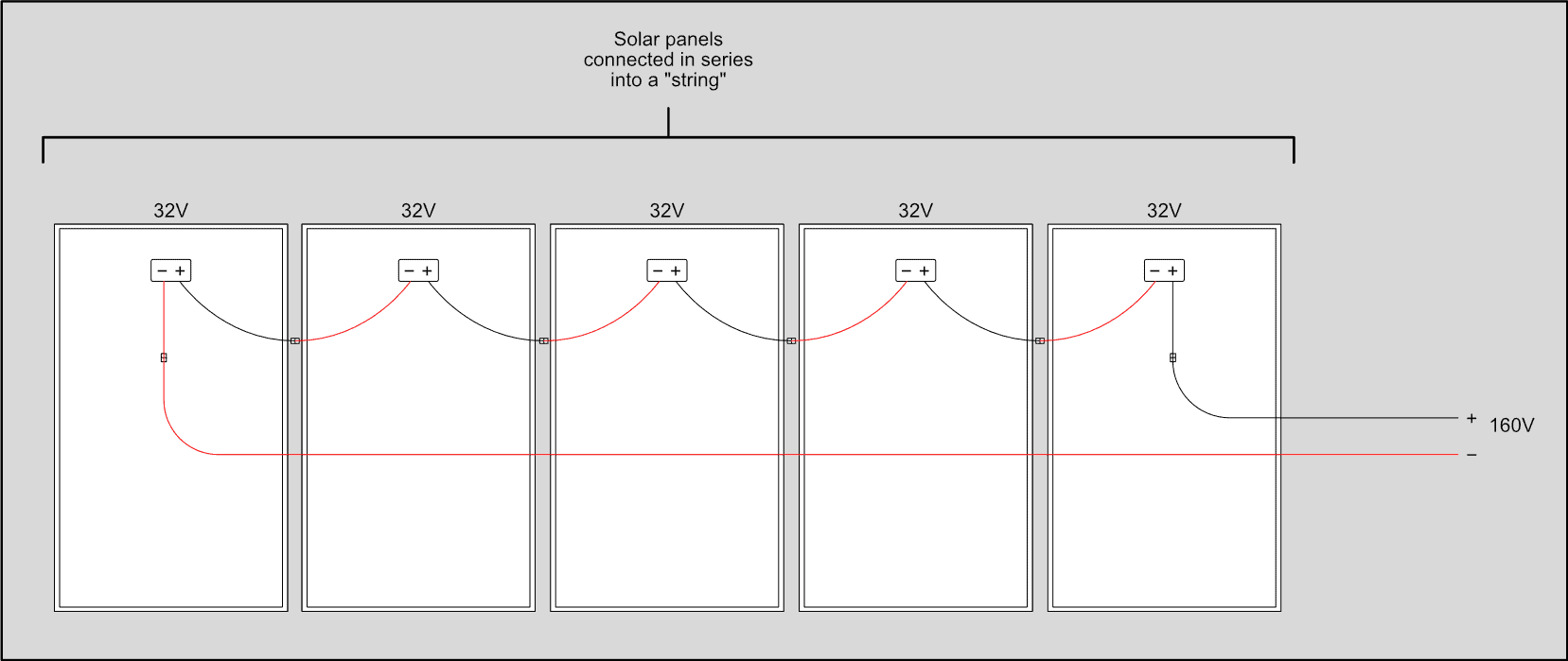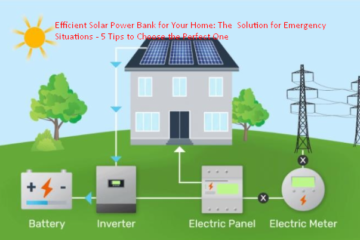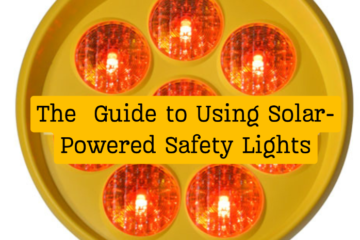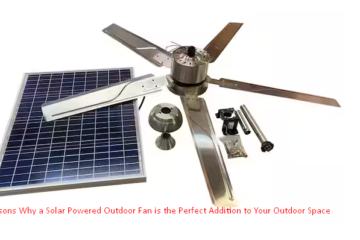Ing the Optimal Voltage for Solar Panels: A Simple Guide. Wondering about the average voltage of a solar panel? Discover the typical range and how to maximize its energy output for your sustainable lifestyle.

ing the Optimal Voltage for Solar Panels: A Simple Guide
Wondering about the average voltage of a solar panel? Discover the typical range and how to maximize its energy output for your sustainable lifestyle… Solar Panel Voltage ing the Optimal Voltage for Solar Panels: A Simple Guide
Doing:
1. Create a HTML format
| Specification | Panel A | Panel B | Panel C | |
|---|---|---|---|---|
| 1 | Panel Type | Poly-crystalline | Mono-crystalline | Thin-film |
| 2 | Maximum Power (Pmax) | 250W | 300W | 200W |
| 3 | Voltage at Maximum Power (Vmp) | 30V | 36V | 24V |
| 4 | Current at Maximum Power (Imp) | 8.33A | 8.33A | 8.33A |
| 5 | Open Circuit Voltage (Voc) | 38V | 44V | 29V |
| 6 | Short Circuit Current (Isc) | 8.9A | 9.1A | 7.8A |
| 7 | Maximum System Voltage | 1000V | 1000V | 1000V |
| 8 | Module Efficiency | 16% | 18% | 14% |
| 9 | Cell Type | Poly-crystalline Silicon | Mono-crystalline Silicon | Copper Indium Gallium Selenide (CIGS) |
| 10 | Number of Cells | 60 | 72 | 96 |
| 11 | Dimensions | 1650 x 992 x 35 mm | 1956 x 992 x 40 mm | 1585 x 955 x 40 mm |
| 12 | Weight | 18.5 kg | 23 kg | 16.5 kg |
| 13 | Temperature Coefficient of Pmax | -0.41 %/˚C | -0.41 %/˚C | -0.39 %/˚C |
| 14 | Temperature Coefficient of Voc | -0.33 %/˚C | -0.27%/˚C | -0.29 %/˚C |
| 15 | Temperature Coefficient of Isc | +0.06 %/˚C | +0.06 %/˚C | +0.06 %/˚C |
| 16 | Maximum Series Fuse Rating | 16A | 20A | 15A |
| 17 | Junction Box Protection Class | IP67 | IP65 | IP65 |
| 18 | Fire Rating | Class C | Class C | Class C |
| 19 | Certifications | CE, TUV Rheinland, IEC 61215 | CE, UL, IEC 61215 | CE, TUV Rheinland, IEC 61646 |
| 20 | Warranty | 25 years power output warranty (80% guaranteed minimum power output) 10 years product warranty |
25 years power output warranty (80% guaranteed minimum power output) 12 years product warranty |
25 years power output warranty (80% guaranteed minimum power output) 10 years product warranty |
Solar Panel Wiring vs Volts and Amps
ing the Optimal Voltage for Solar Panels: A Simple GuideSolar Panel Wiring vs Volts and Amps ing the Optimal Voltage for Solar Panels: A Simple Guide
Typical Voltage of Solar Panels: An Overview
Understanding the typical voltage of solar panels can significantly enhance their efficiency. Typically. Solar panels exhibit a voltage range between 12 To 20 Volts. However. The final output largely depends on several factors including size. Efficiency, & surrounding environmental conditions.
A single solar cell usually produces a voltage of approximately 0.5 Volts. For mounting a solar system. Multiple panels get interconnected enhancing overall voltage. This increased output contributes To a more energy efficient system optimum for significant power generation.
Stellar Features of Solar Panels
Each solar panel showcases diverse features promoting an optimal efficiency rate. A panel’s efficiency determines its capacity for converting sunlight into electricity. Higher efficiency rates invariably yield superior power generation.
One feature that complements efficiency independently stands as the A temperature coefficient. Panels with a low-temperature coefficient perform exceptionally well in high-temperature zones. It means. In warmer climates. These panels lose less voltage. Thereby guaranteeing an increased power output.
An Analysis of Typical Voltage
An analysis of typical solar panel voltage reveals varying outputs. For instance. Smaller. Less efficient panels will likely provide lower voltages typically suited for smaller energy requirements great for camping trips or powering single appliances.
Contrarily. Larger or more efficient panels effortlessly produce higher voltages ideal for powering entire homes or commercial buildings. Variations define A deployment scenario whereas when large-scale systems get deployed. They’re often configured for higher voltages.
Turning Features Into Benefits
Pros of Solar Panel Voltage
Amplified voltage brings several benefits. First off. Higher voltage means fewer panels needed for desired power output: a benefit for individuals with limited installation space. Secondly. Higher voltage accounts for reduced resistive losses within A system promoting an overall longer lifespan.
Cons of Solar Panel Voltage
Contrary To The aforementioned benefits. A couple of drawbacks exist regarding high panel voltage. Particularly. It poses a risk & requires specialized equipment & training for installation & maintenance. Furthermore. Higher voltage systems can be more costly initially due To A demand for more robust. Higher voltage components.
Suggestions for Typical Voltage of Solar Panel
It’s advisable for individuals To understand their energy needs before deciding on a solar panel system. System voltage should match A application. If lower voltage suffices. Then no need exists for an expensive. Higher voltage system.
A Brief Summary
Solar panel voltage varies with factors like efficiency. Temperature, & size. Therefore. Before buying. It’s crucial for individuals To match their needs with a panel’s features To ensure they get a system that’s efficient. Cost-effective, & suitable for their unique circumstance.
in the Optimal Voltage for Solar Panels: A Simple Guide. the typical range in the Optimal Voltage for Solar Panels: A Simple Guide
What is A typical voltage of a solar panel?
A typical voltage for a solar panel varies depending on The panel type & its size. However. Most residential solar panels have a voltage of around 1820 volts. Commercial panels may have higher voltages To accommodate The greater power needs of businesses or industries. It’s important To note that voltage also depends on The number of cells in a panel, & The efficiency of these cells in converting sunlight into electricity.
Can solar panels operate at lower voltages?
Yes. Solar panels can work at lower voltages. However. Operating at lower voltages often means that A panels are not working at their peak performance & are not generating as much electricity as they could be. It is always recommended To operate solar panels at their optimal voltage for maximum efficiency.
Do environmental conditions impact solar panel voltage?
Yes. Environmental conditions can significantly impact The voltage output of solar panels. For example. In hotter temperatures. Solar panel voltage can decrease. While cooler temperatures can result in higher voltages. Similarly. Solar panels may produce lower voltages during cloudy or overcast conditions when compared To sunny days.
Do different types of solar panels have different voltages?
Indeed. Different types of solar panels yield different voltages. Monocrystalline & polycrystalline solar panels typically have a voltage around 18 To 20 volts. While thin film panels tend To have a lower voltage. A specific voltage can vary depending on The exact model & manufacturer.
Is higher voltage better for solar panels?
Not necessarily. While higher voltage means that a solar panel can generate more power. It doesn’t necessarily mean that it’s “better”. Efficiency of a solar panel. Its installation, & its maintenance are also significant factors in determining its performance.
Can The voltage of a solar panel be increased?
Yes. The voltage of a solar panel can be increased by configuring multiple panels in a series. This leads each panel’s voltage To add up. Resulting in a higher cumulative voltage. However. This should be done by a professional To avoid any potential damage To A panels.
What happens if a solar panel’s voltage is too high?
If a solar panel’s voltage is too high. It could potentially harm A connected battery. An inverter. Or other components in A system. It’s essential To ensure that A voltage is always within A safe operating limits recommended by A manufacturer.
How do you determine a solar panel’s voltage?
To determine a solar panel’s voltage. You usually refer To A manufacturer’s specifications provided in A panel’s product guide. You can also use a multimeter To measure A panel’s open circuit voltage under full sun. But keep in mind that this should only be done by a trained professional.
Ing the Optimal Voltage for Solar Panels: A Simple Guide



